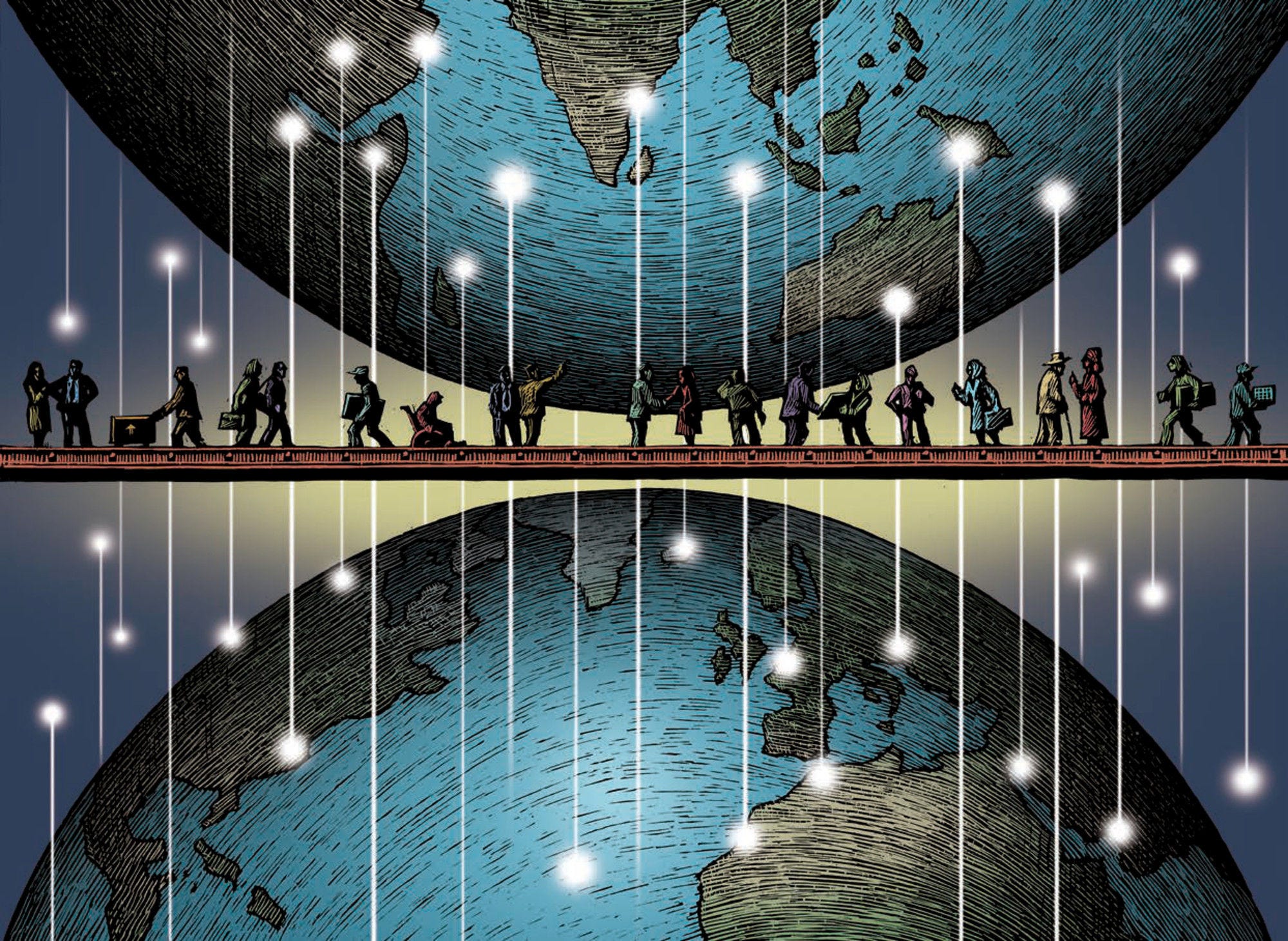In 2018, Austria received 87 000 new immigrants on a long-term or permanent basis (including changes of status and free mobility), ‑11.6% compared to 2017. This figure comprises 65.2% immigrants benefitting from free mobility, 6.4% labour migrants, 10.7% family members (including accompanying family) and 17.2% humanitarian migrants. Around 3 800 permits were issued to tertiary-level international students and 8 700 to temporary and seasonal labour migrants (excluding intra-EU migration). In addition, 120 000 intra-EU postings were recorded in 2018, a decrease of 15% compared to 2017. These posted workers are generally on short-term contracts.
Romania, Germany and Hungary were the top three nationalities of newcomers in 2018. Among the top 15 countries of origin, Romania registered the strongest increase (1 300) and Syria the largest decrease (‑4 600) in flows to Austria compared to the previous year.
In 2019, the number of first asylum applicants decreased by 7.1%, to reach around 11 000. The majority of applicants come from Syria (2 700), Afghanistan (2 500) and Iran (700). The largest increase since 2018 concerned nationals of Afghanistan (800) and the largest decrease nationals of Syria (‑600). Of the 14 000 decisions taken in 2019, 53.5% were positive.
In 2020, Austria added 11 occupations to its shortage list for the Red-White-Red Card, including floor and bricklayers, train drivers and qualified nurses. The list now includes 56 occupations at the federal level and provinces have additional lists according to regional shortages. Residence permits for very highly qualified workers, such as graduate engineers and medical doctors, extend across nine professions. The quota for short-term and temporary employment of foreigners in the agricultural and tourism sectors for 2020 was 4 428. In 2019, Austria extended its working holiday programme to include Argentina. In light of Austria’s clear separation of migration and asylum, unaccompanied minors who applied for asylum may no longer work or study as apprentices in the country. Since December 2019, rejected asylum seekers currently in vocational training may finish their apprenticeship, whereupon the period for voluntary departure or deportation starts.
In 2019, the means-tested minimum income scheme linking the amount of financial support to intermediate German or advanced English language knowledge was modified, along with declining support per additional child. In October 2019, Austria established new regulations on ensuring quality standards, certification, and cost-sharing of language courses. As of January 2020, state-supported German language courses for refugees and beneficiaries of subsidiary protection over the age of 15 increased from level A2 (basic) to include level B1 (intermediate).
Acquisition of Austrian citizenship for descendants of individuals persecuted, threatened by persecution or those defending Austria, during the Third Reich, was facilitated from October 2019. Changes included an option for notification, allowing naturalisation by presenting proof, such as official documents, verifying direct descent. The facilitated notification procedure started in September 2020.
From December 2020, the newly established Federal Agency for Care and Support Services will be responsible for providing basic care to asylum seekers. From January 2021 onwards, the agency will also be tasked with: providing legal counselling to asylum seekers and foreigners; assistance for return; monitoring of deportations; translators for the asylum procedure.
In July 2020, Austria fully opened its labour market to Croatian nationals. Existing temporary border controls at the EU internal borders to Slovenia and Hungary to maintain law, order and public safety, were prolonged for another six‑month period, at time of writing until November 2020.
Due to the spread of Coronavirus COVID‑19, Austria introduced temporary EU internal land border controls and complemented existing controls by health checks in mid-March 2020. Persons entering Austria required a medical certificate proving a negative test result from within the last four days. Nationals, long-term residents and their immediate family, as well as foreign health workers, were exempted from the travel ban. Temporary agricultural workers were not, leading to labour shortages. Onshore application for permits as well as the processing of asylum applications continued under special safety rules.
For further information:

